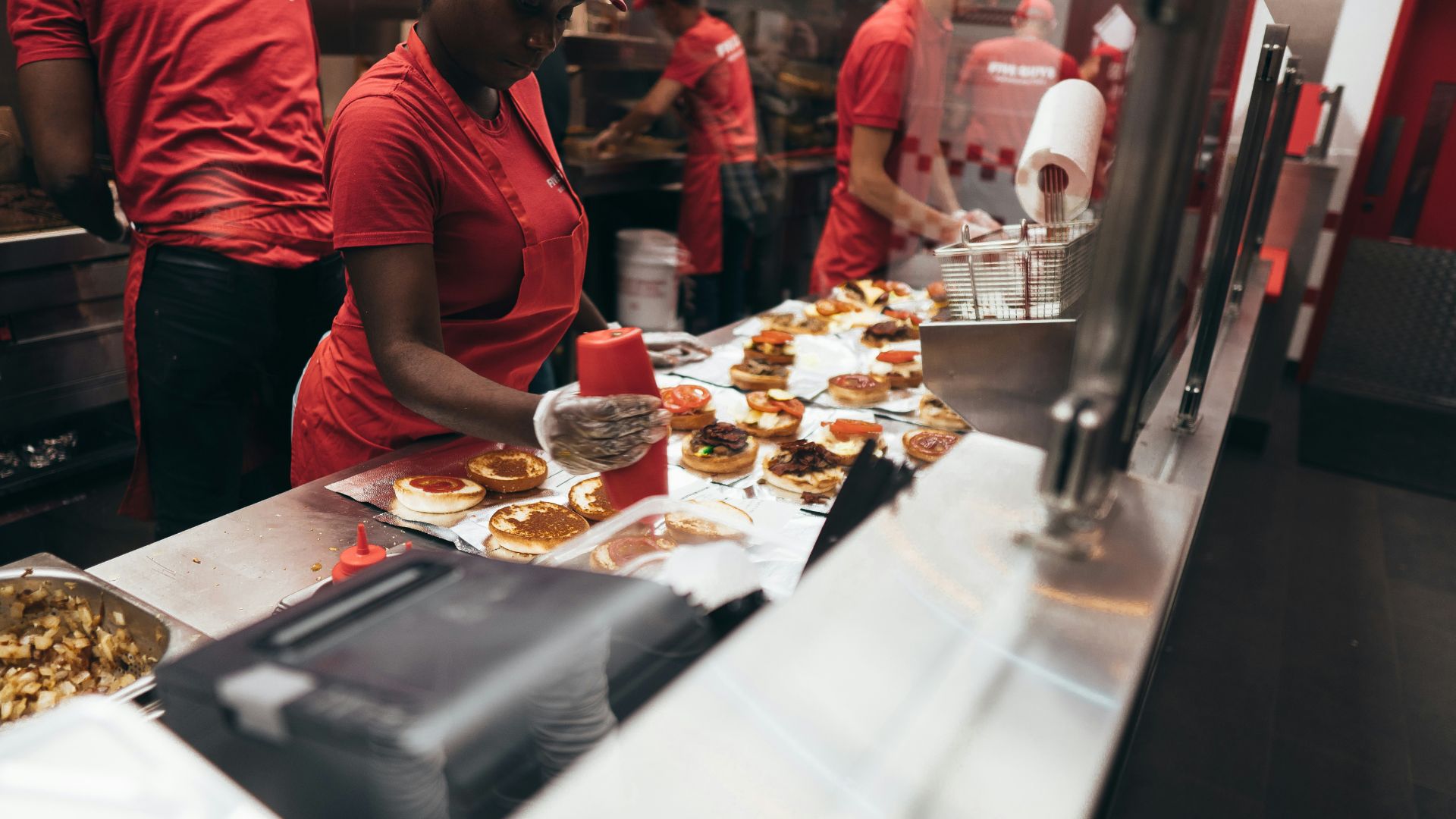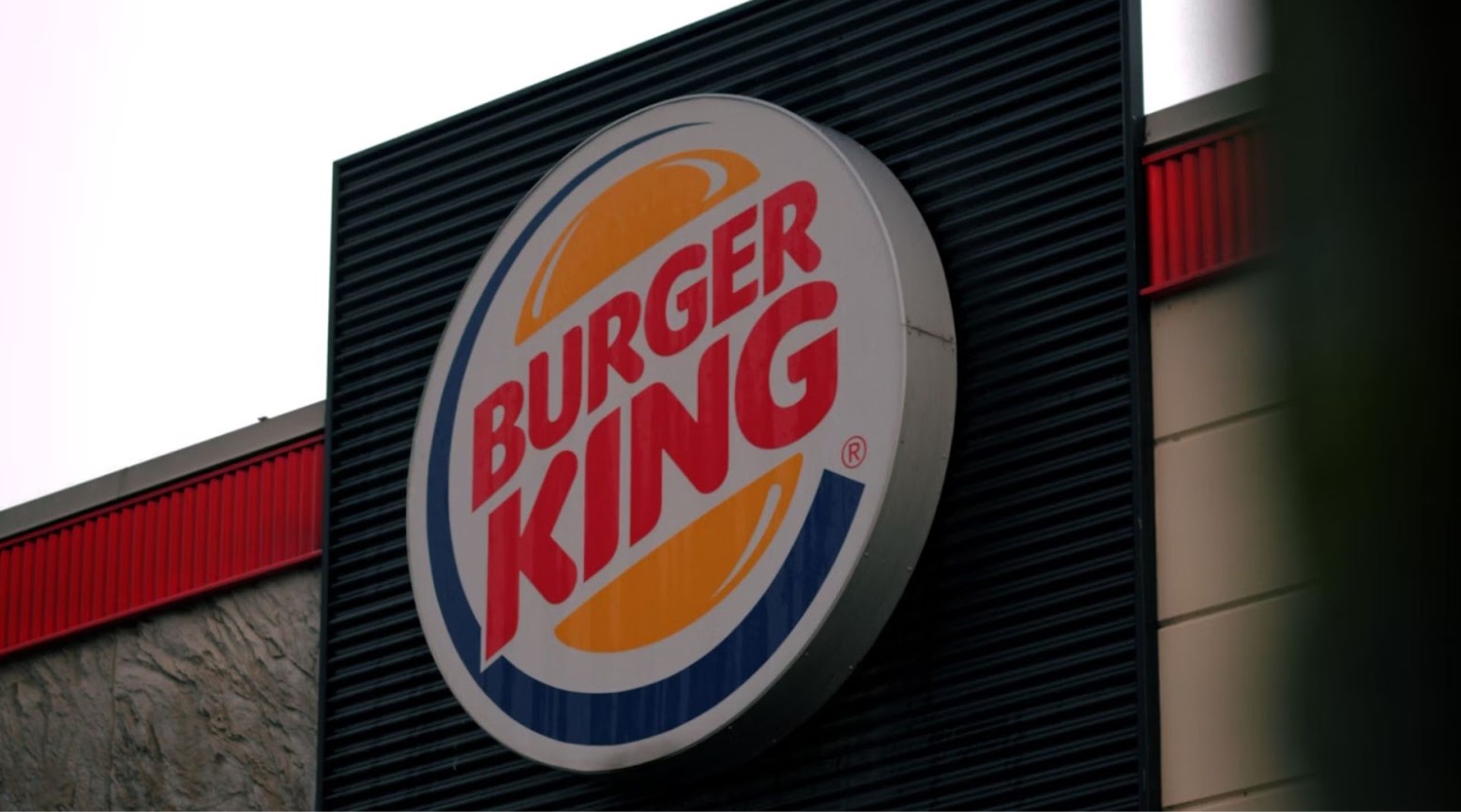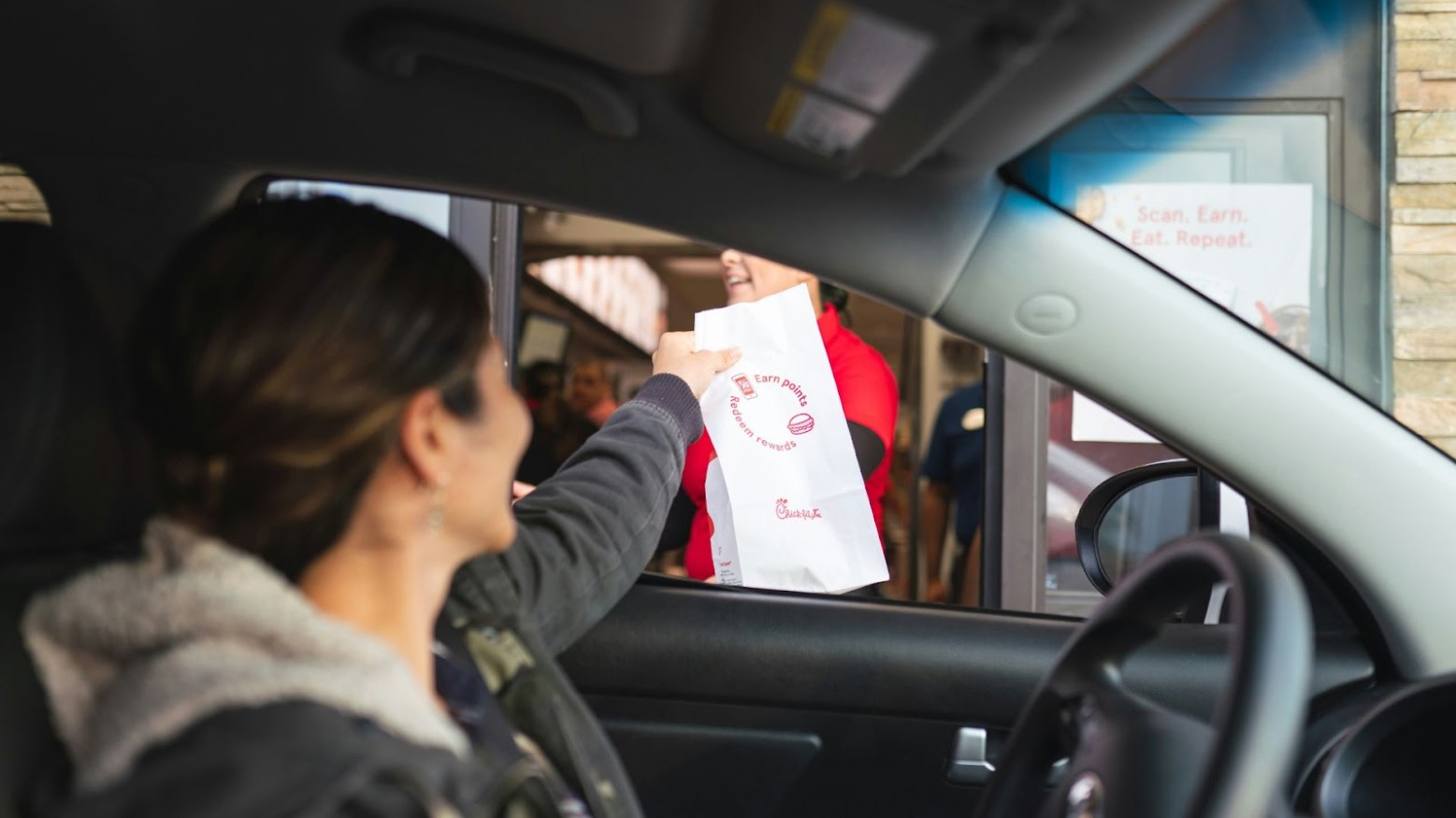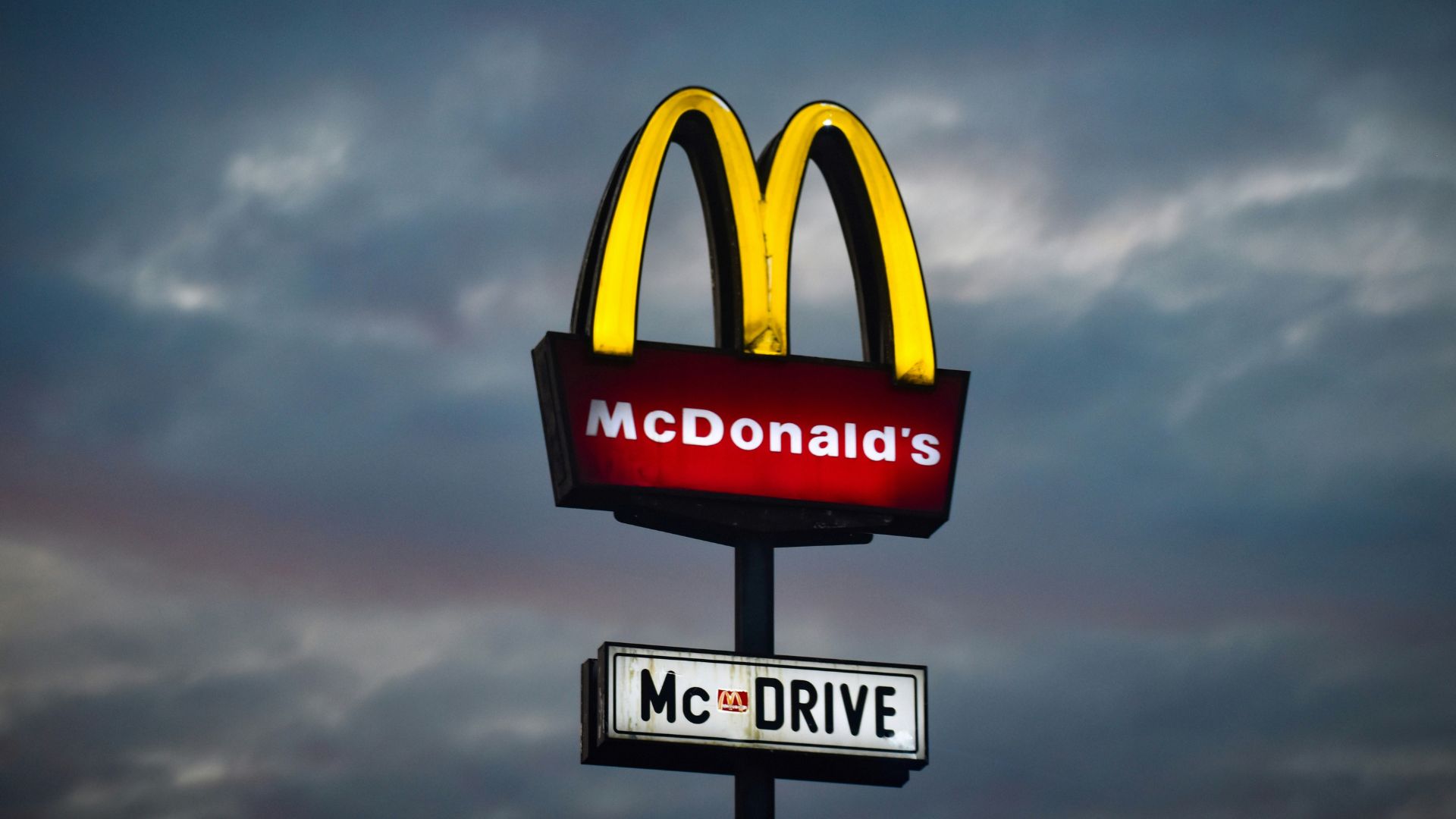As the economy shifts and people tighten their purse strings, certain everyday luxuries are the first to get cut from the budget. One of these luxuries includes some of your favorite fast-food chains.
Since 2020, hundreds of fast-food franchises have closed their doors, but why are these popular restaurants filing for bankruptcy? Let’s get into it.
The Promises of Operating a Fast Food Franchise

Running a fast-food chain is not an easy feat, even when times are good. While franchising has been largely successful over the last 75 years, some owners were not able to live up to their franchises’ names in production or sales.
In these cases, the stores often close their doors. While some stores will file for Chapter 11 bankruptcy, the brand will still live on and perform well with its other stores.
The Decline of Fast Food

2023 saw the decline of several fast-food franchises. Hundreds of Burger King restaurants closed down, dozens of Popeyes franchise owners filed for bankruptcy, and widespread layoffs across California have plagued the fast food industry.
There isn’t one reason behind the closures and job losses at these restaurants. Instead, it is an accumulation of several reasons.
The First Blow

The first major blow to many fast-food chains happened in March 2020. Fast-food workers were labeled essential workers, and restaurant owners were forced to constantly adapt to an ever-changing “new normal.”
The changing design of service style for these stores became essential to survival, but they were costly. The limited staff, who had to remain six feet apart, adapted to mobile ordering and virtual payment, all while earning minimum wage.
Many Workers Left the Fast Food Industry

These constant challenges with low wages left many workers to leave their positions at fast-food restaurants and look for higher-paying jobs that require less physical labor.
According to the Los Angeles Times, restaurants and bars made up 5 million jobs. That number fell to 1.1 million jobs by the end of 2021.
States Raise Minimum Wages

Hoping to bring back some jobs and help those currently working at fast-food restaurants, California Gov. Gavin Newsom signed a new law that mandates that chains with 60 or more locations nationwide must pay workers at least $20 an hour. California isn’t the only state raising its minimum wage.
These increasing wages are leaving some of the struggling fast-food franchises with no other option than to close their doors or cut hours.
Outrageous Price Hikes

To combat the changes, fast food chains have started to hike their prices, cutting away at the affordability that consumers turn to them for. The higher prices are a direct result of high inflation and an economy on the fringes of a recession.
However, consumers realized these prices were just too high to justify purchasing a meal from their go-to fast food chains, leading to a significant decrease in sales.
McDonald’s Admits to Raising Prices

In an earnings call last year, McDonald’s Chief Financial Officer Ian Borden admitted that the fast food brand has raised its menu prices across all its franchises by ten percent.
With Americans earning less than ever before and prices reaching new highs, more people are opting to stay home and cook dinner.
Higher Operating Costs vs. Lower Sales

“Prices have been so much higher than operating costs over the last decade that these companies could just absorb higher operating costs,” Roosevelt Institute labor expert Alí Bustamante, a co-author of the analysis, said to CBS MoneyWatch.
Bustamante continued: “This is about raising the floor and making sure that $20 being the new minimum wage puts workers on a better economic footing to cover their household needs.”
Some Franchise Owners Struggle

With low sales and high wages, many restaurant owners are hitting a wall and are left with limited options. “We aren’t these big corporations with deep pockets—we’re not Wall Street, we are Main Street,” said Alex Johnson.
Some franchise owners are choosing to seek some help by filing for Chapter 11 bankruptcy, hoping that it will provide a much-needed life raft to get over these hard times.
Fast Food Franchise That Are Avoiding Bankruptcy

Some restaurants are choosing to avoid filing for Chapter 7 or Chapter 11 bankruptcy by closing some of their chain’s doors, shrinking, and focusing on locations that do perform well.
Bagger Dave’s, a popular brand in Michigan, is closing most of its locations quietly as the chain’s operator, BT Brands, reviews strategic alternatives for the fast food restaurant.
The End of an Era?

With money being tight for everyone, there doesn’t seem to be a silver lining in all these bankruptcies and rebranding efforts. As dozens and hundreds of Popeyes, Burger Kings, and Bojangles close their doors, reports suggest that Taco Bell, KFC, and Pizza Hut might be next on the chopping block.
Sure, there will always be plenty of fast food options in the U.S., but owning a fast food franchise isn’t the golden ticket that it once was.
